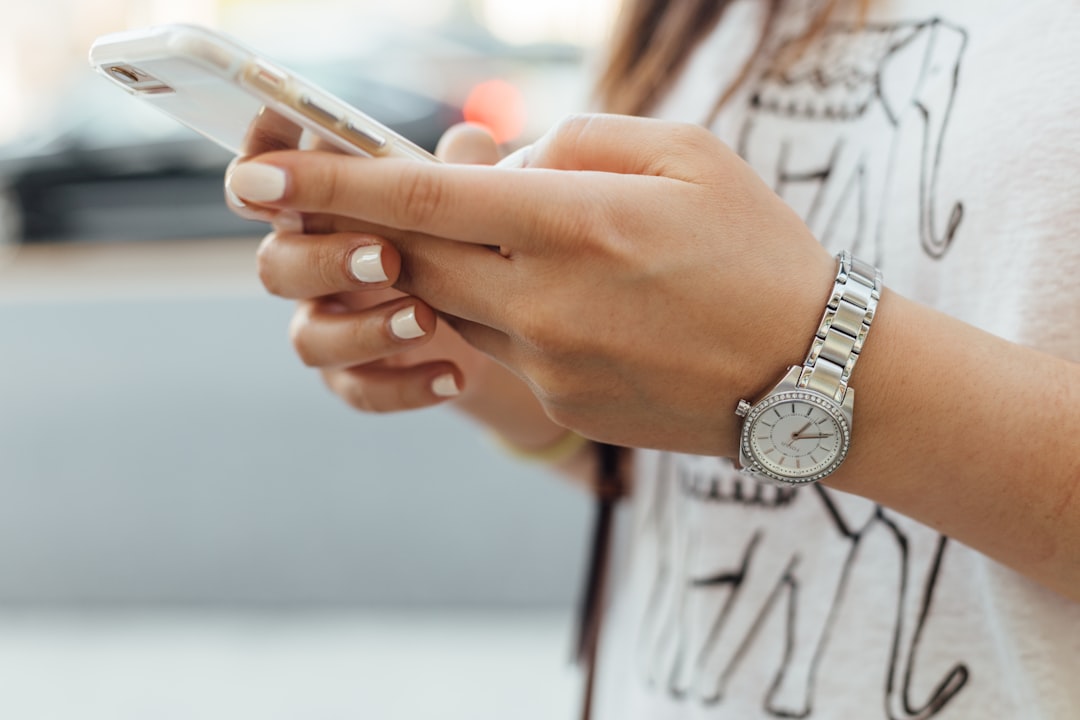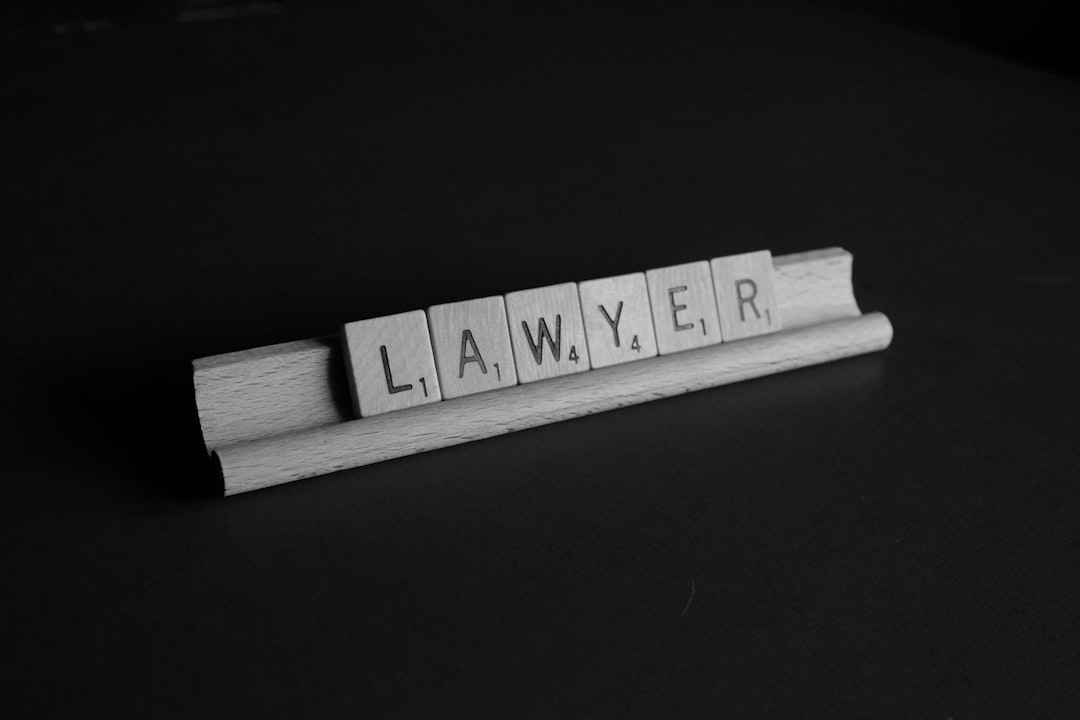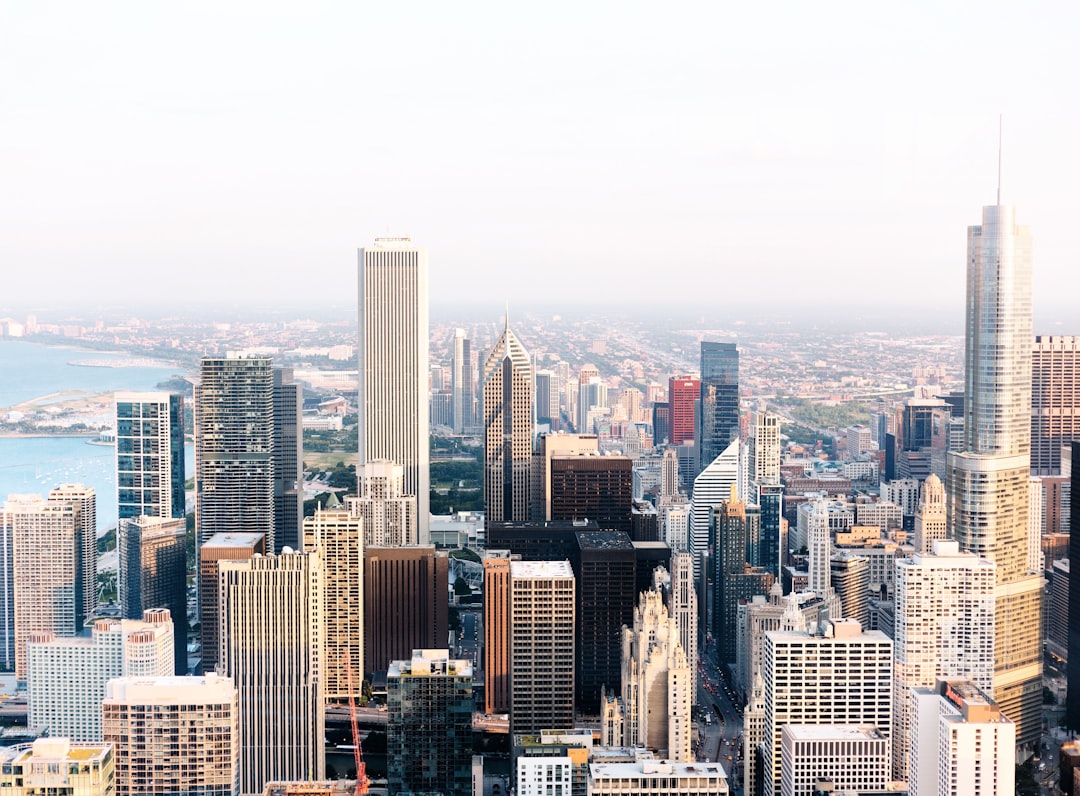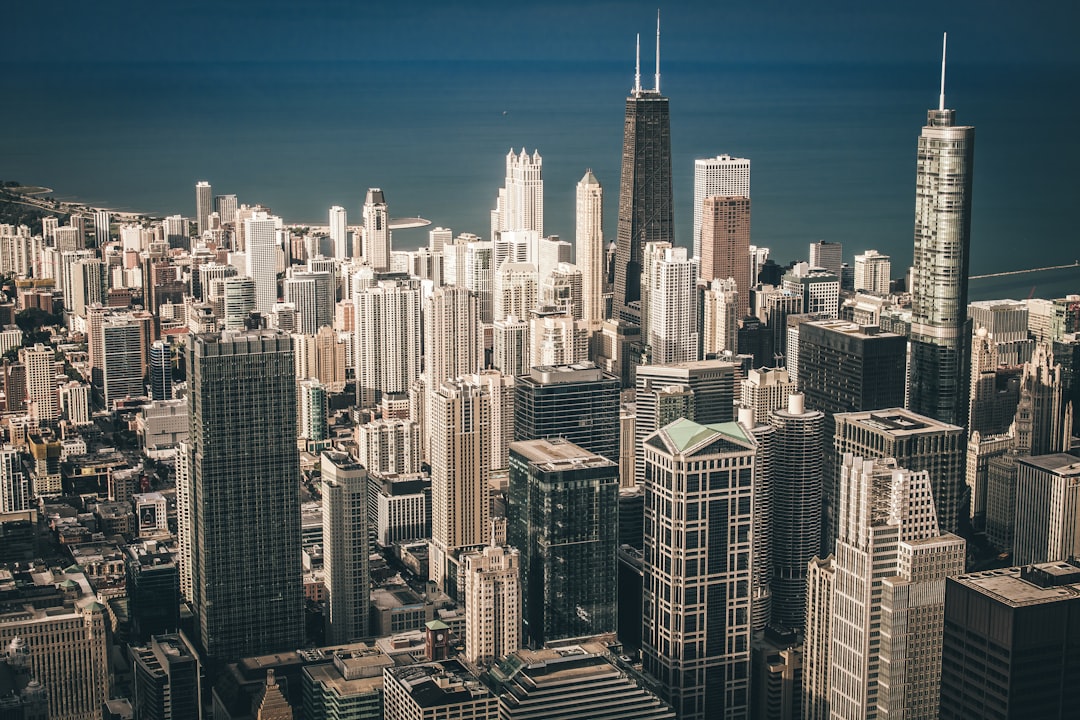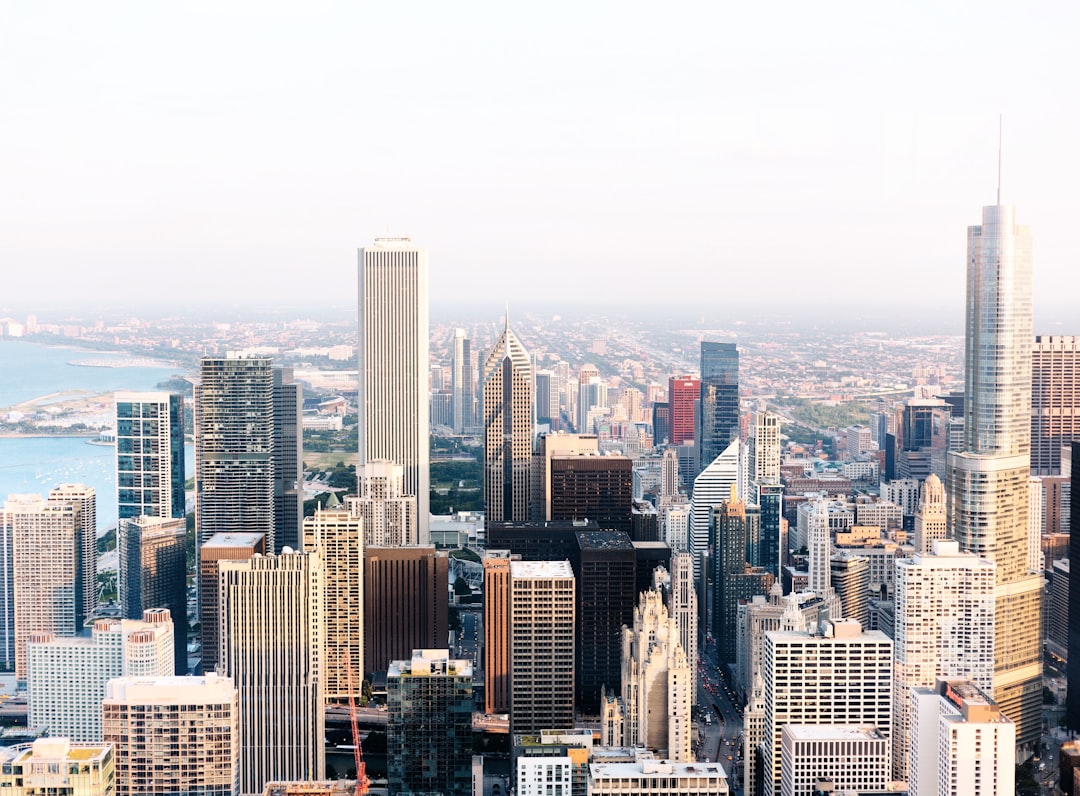Robocalls have become a major problem in Chicago, facilitating fraud and identity theft. With frequent reports of these calls, residents are stressed and taking legal action. Voice biometrics technology offers a solution by identifying vocal nuances to distinguish humans from bots. Lawyers specializing in robocall litigation use this tool for irrefutable evidence. As incidents rise, so does demand for lawyer for robocall Chicago services. Legal guidance is crucial to ensure ethical use of voice biometrics while navigating privacy laws like BIPA and TCPA. These professionals help protect Chicagoans through legal actions and safer communication environments.
Chicago residents face a growing menace in the form of unwanted robocalls, with significant impacts on their daily lives. This article explores the future of voice biometrics as a potent tool in the city’s robocall prevention efforts. We delve into the technology behind voice recognition, its effectiveness against automated calls, and the legal considerations surrounding biometric authentication. Expert insights from lawyers specializing in Chicago’s robocall regulations offer valuable guidance on harnessing this innovative solution to protect citizens.
Understanding Robocalls and Their Impact in Chicago
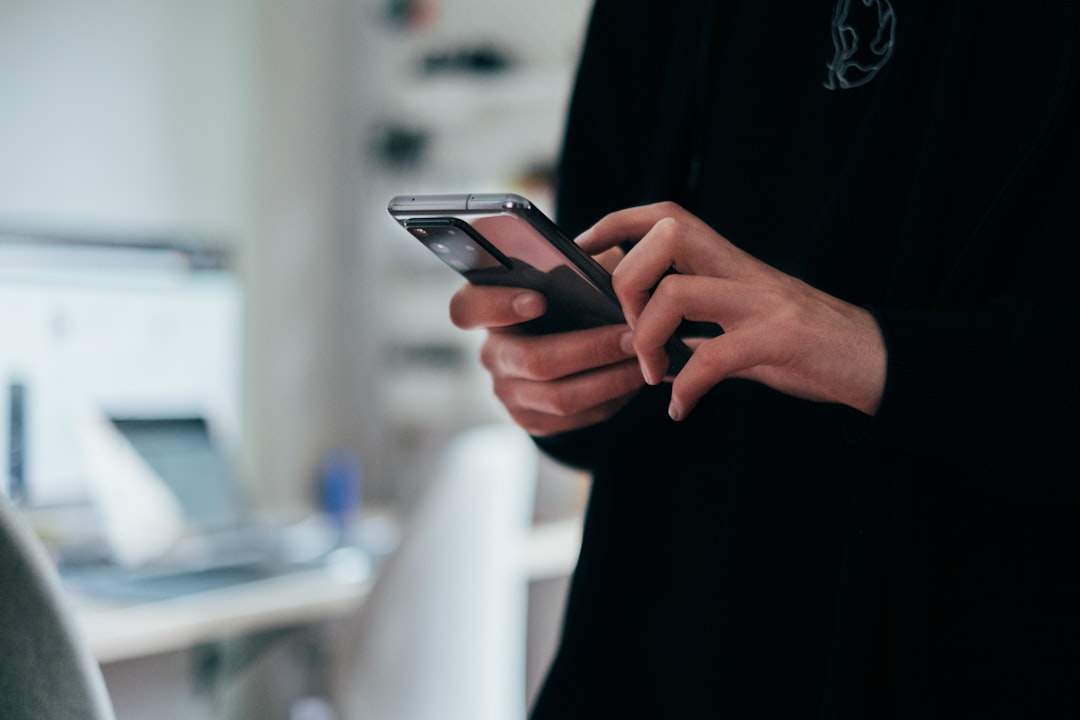
Robocalls, automated phone calls that deliver pre-recorded messages, have become a ubiquitous and often unwanted part of daily life in Chicago, as across the country. While some robocalls offer valuable services like appointment reminders or survey invitations, many others are fraudulent or misleading, aiming to scam unsuspecting residents. These calls can be particularly harmful for Chicagoans who may fall victim to identity theft, financial loss, or even phishing schemes disguised as official communications.
The impact of these unwanted calls is significant. According to recent studies, a majority of Chicago consumers report receiving frequent robocalls, leading to increased stress and frustration. This issue has prompted many residents to seek legal recourse against relentless robocallers, prompting the need for a lawyer for robocall Chicago. As such, understanding how to combat this modern-day nuisance is more crucial than ever, with various prevention strategies becoming increasingly vital to protect Chicagoans from these deceptive practices.
The Rise of Voice Biometrics Technology
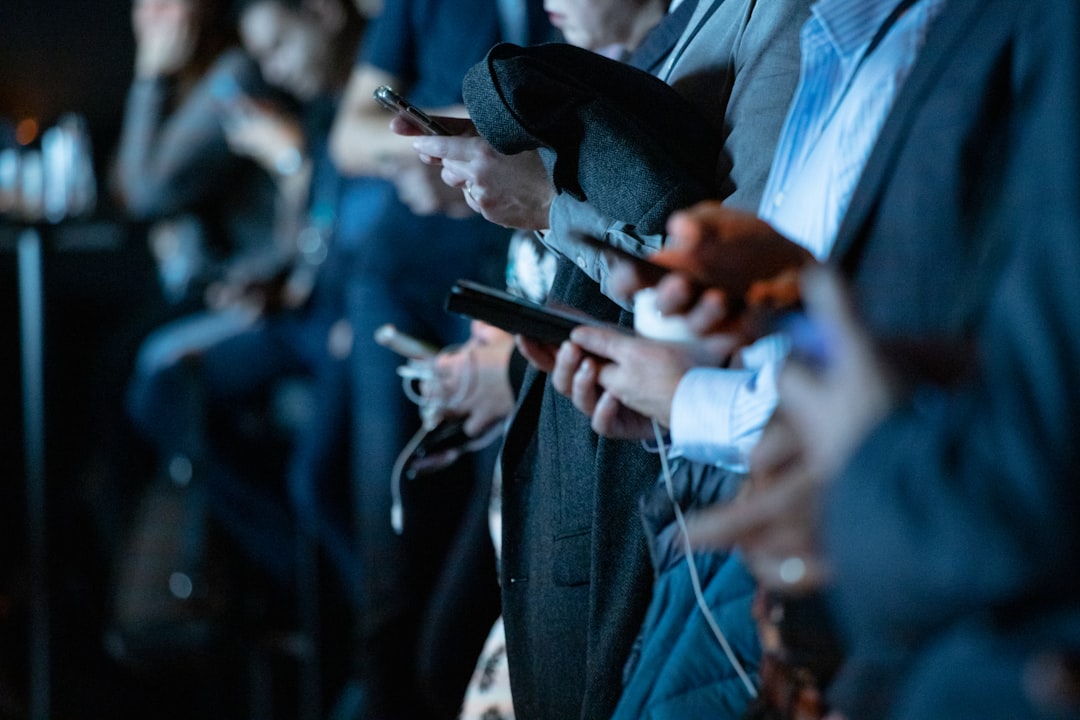
Voice biometrics technology is revolutionizing the way we identify and authenticate individuals, marking a significant departure from traditional methods. This cutting-edge technology leverages unique vocal patterns to verify a person’s identity with remarkable accuracy. As Chicago grapples with the persistent issue of robocalls, voice biometrics emerges as a potent solution for prevention.
By analyzing minute variations in pitch, intonation, and speech patterns, voice biometrics systems can swiftly distinguish between genuine users and automated calls. This technology is particularly valuable for legal professionals specializing in robocall litigation in Chicago, as it offers an advanced layer of security. With voice biometrics, lawyers can enhance their cases by providing irrefutable evidence, ensuring a more robust defense against fraudulent robocalls and protecting their clients’ interests.
How Voice Biometrics Can Combat Robocalls

Voice biometrics offers a groundbreaking solution to the pervasive issue of robocalls in Chicago and beyond. By analyzing unique vocal patterns, this technology can accurately identify and authenticate individuals, blocking unauthorized calls and ensuring only legitimate communications reach their intended recipients. Unlike traditional methods that rely on numerical verification codes or automated responses, voice biometrics provides an extra layer of security by recognizing the inherent characteristics of each person’s voice.
This advanced technology is particularly effective in combating robocalls because it can detect subtle variations in speech patterns over time, even as an individual’s voice changes due to age or other factors. This capability ensures that the system remains adaptive and resilient against evolving fraudster tactics. For Chicago residents facing relentless robocalls, seeking legal counsel from a robocall lawyer becomes increasingly necessary to explore these innovative prevention methods and protect their privacy in the digital age.
Legal Framework for Implementing Biometric Authentication

The implementation of voice biometrics in Chicago’s efforts against robocalls is a promising development, but it also comes with legal considerations. The Legal Framework for Implementing Biometric Authentication ensures that the technology respects individual privacy and complies with relevant regulations. In Chicago, as in many places, this involves adhering to state and federal laws governing data collection and use, such as the Illinois Biometric Information Privacy Act (BIPA) and the Telephone Consumer Protection Act (TCPA).
A lawyer for robocall Chicago can provide critical guidance on navigating these legal requirements. They help ensure that voice biometrics are used ethically, transparently, and with informed consent. This includes establishing protocols for data storage, security, and deletion to safeguard sensitive biometric information. By aligning with these legal frameworks, Chicago can maximize the benefits of voice biometrics in its robocall prevention efforts while minimizing potential privacy risks.
A Lawyer's Perspective on Chicago's Robocall Prevention

In Chicago, as across the nation, the rise of robocalls has sparked significant concern among residents and businesses alike. From telemarketing to fraudulent schemes, automated voice calls have become a nuisance and a security risk. This is where a lawyer for robocall Chicago plays a pivotal role in navigating the complex legal landscape surrounding these unwanted intrusions.
Legal professionals specializing in robocall prevention are equipped with knowledge of consumer protection laws and regulations, such as the Telephone Consumer Protection Act (TCPA). They assist clients in understanding their rights and developing strategies to mitigate robocalls. By employing legal action, such as sending cease-and-desist letters or filing lawsuits, these lawyers help deter violators and create a safer communication environment for Chicagoans.
